I took a 90-minute soft hike, and it didn't feel like exercise at all
I tried the new exercise trend, and it left me feeling happier, more refreshed and pleasantly surprised
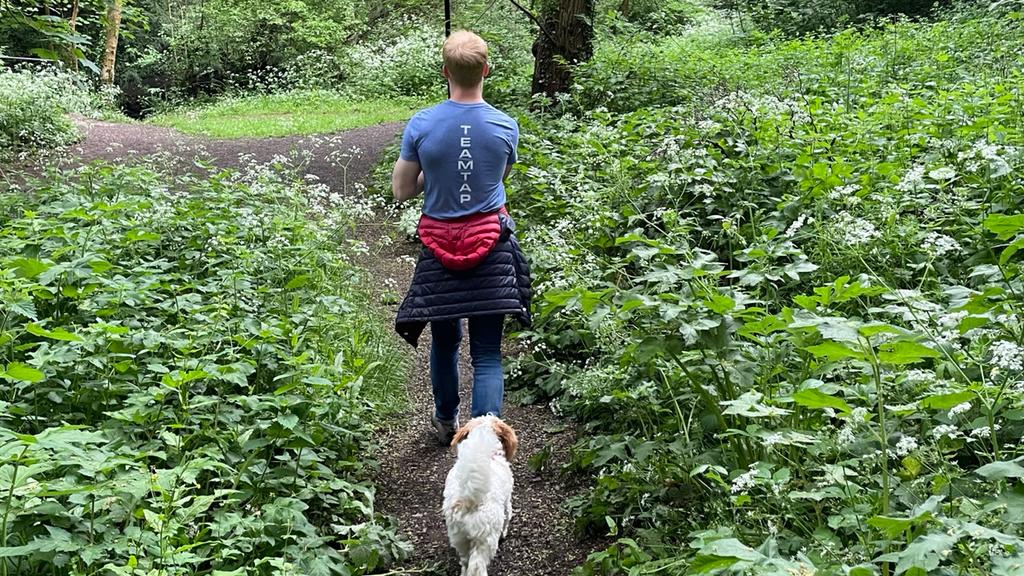
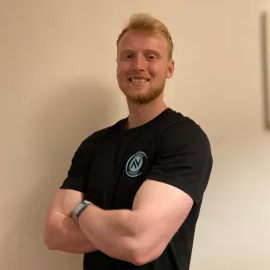
I've always felt that exercise needs to have a goal, a target to reach for. That could be a certain amount of repetitions, a timer to run down or an intense walk to a specific place. But that's not what soft hiking is all about.
Popularized by TikTok duo Emily Thornton and Lucy Hird, it combats the idea that hiking has to be hard. Instead, soft hiking encourages people to lace up their walking shoes and just enjoy spending time in the great outdoors without a specific goal other than the walk itself.
I'm usually caught up in my CrossFit training, but thought soft hiking could be a great alternative for my rest day and decided to give it a go. I laced up my Merrell Moab 3 shoes and headed out.
Taking Emily and Lucy's advice to bring a friend and "plan a gentle route to begin with to build confidence", I set off for a nearby nature reserve accompanied by my partner and my (very excited) two-year-old dog, Archie.
This was breaking new ground for me, in more ways than one. In the literal sense, I was exploring a new area, but it was also a novel approach to exercise.
What is soft hiking?
@softgirlswhohike ♬ pluto projector - al
"We were saying how nice it was to take things at our own pace, going off trail to look at anything that caught our eye like history plaques or interesting looking mushrooms," Hird told me.
Thornton adds: "We then said, 'it's kind of like a softer way of hiking — soft hiking' and set up a TikTok to document our walks." The duo's Soft Girls Who Hike videos were an instant success, and found fans in first-time walkers and Olympic athletes.
Get the Fit&Well Newsletter
Start your week with achievable workout ideas, health tips and wellbeing advice in your inbox.
"We've come to realise that this concept is so important because it reminds people that they have as much right to hike as the most experienced walkers. We even had some comments from people who felt inspired to try a soft hike themselves, asking if others in their area would like to join."
Just the word "hiking" makes me think of intense hill walks that you'd need a whole backpack full of equipment and supplies for. That's why I wanted to give soft hiking a chance and see if walking, with no particular purpose, would be different.
1. Ditching the data was easier than I thought
CrossFit is my usual training tipple, and I love it (read our feature on CrossFit for beginners if you want to give it a go). However, it's the antithesis to soft hiking, with every element measurable by the weight lifted, total number of reps performed or time taken to complete a workout.
I'm guilty of extending this data-driven approach beyond the gym too. I enjoy heading outside for a walk or run, but rely on one of the best fitness trackers to value my performance by telling me how far or fast I've gone.
For my soft hike, I intentionally left all tracking devices at home. This, I soon found, made it easier to appreciate my surroundings without being distracted by pace updates or notifications.
2. I finally understood mindful walking
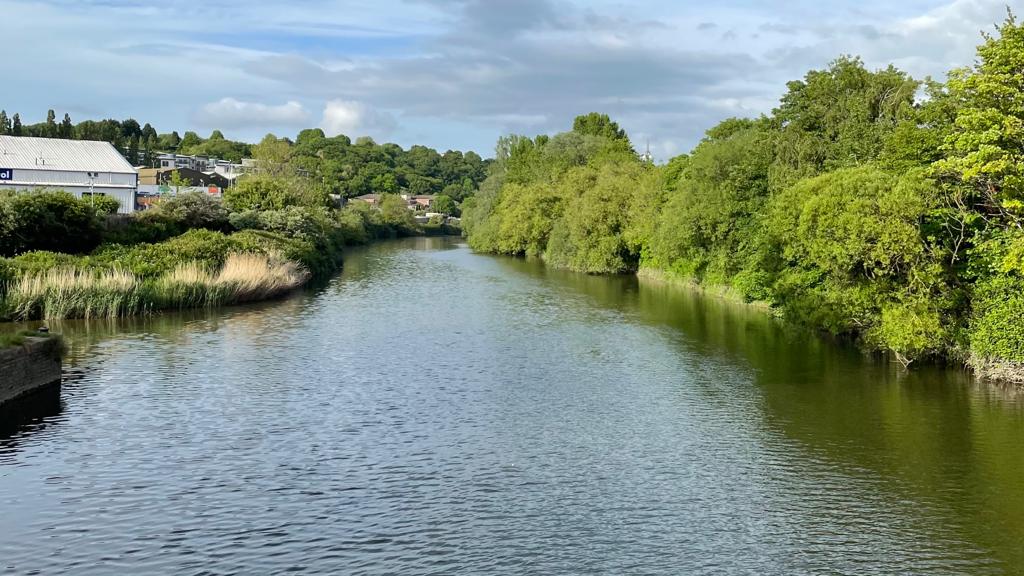
At a leisurely stroll, I made my to Troopers Hill in Bristol, UK — a nature reserve boasting brilliant views over the city. I wandered over to a 15-meter tall retired copper-smelting chimney surrounded by a series information boards and, rather than time-consciously hurrying along, I enjoyed stopping to read each one.
I found my way to a bridge, which led me to a shady woodland with a pretty stream running through the middle of it. Following this stream, I ended up at a fenced enclosure containing the largest goat I'd ever seen, and behind him was another nature reserve containing a network of tree-covered trails.
Normally, I walk with a purpose — to the bus stop, grocery store, or out for dinner. This was different. I had time to notice the nature around me, and this made it easier to connect with my surroundings.
I realized that soft hiking is actually a great way of going for a mindful walk, which is a bit like a moving meditation. But instead of focusing on your breath, you take in everything around you, which naturally connects you to the present moment, allowing thoughts to come and go, but without becoming a distraction.
3. It was tiring in a different way
By the time I finally found my way home, I had been out for well over 90 minutes, following my feet to wherever they fancied heading next. I couldn't tell you how far I went, or how fast, but I did feel incredibly content with my efforts.
I also wasn't experiencing the same aches or overwhelming fatigue I might feel after a heavy weightlifting session or lung-busting cardio workout. I was definitely ready for a sit down and some food, but my body felt relaxed and my mind felt refreshed. Put simply: I had fun.
I think this feel-good factor is one of the biggest pull factors for soft hiking — that and the fact that it truly does have something to offer for everyone. "To us, the word 'hiking' sounded so extreme, and what we do isn't quite rambling or any of the other words either," Lucy told me.
"It was still hiking, but just being softer with yourself. Words are so powerful and mean something different to everyone. Soft hiking evoked the right feeling for us."
My experience has persuaded me to make soft hiking a more regular part of my routine. I felt lighter, calmer and in a better mood generally, having had time to chat, explore and unwind.

Harry Bullmore is a Fitness Writer for Fit&Well and its sister site Coach, covering accessible home workouts, strength training session, and yoga routines. He joined the team from Hearst, where he reviewed products for Men's Health, Women's Health, and Runner's World. He is passionate about the physical and mental benefits of exercise, and splits his time between weightlifting, CrossFit, and gymnastics, which he does to build strength, boost his wellbeing, and have fun.
Harry is a NCTJ-qualified journalist, and has written for Vice, Learning Disability Today, and The Argus, where he was a crime, politics, and sports reporter for several UK regional and national newspapers.
-
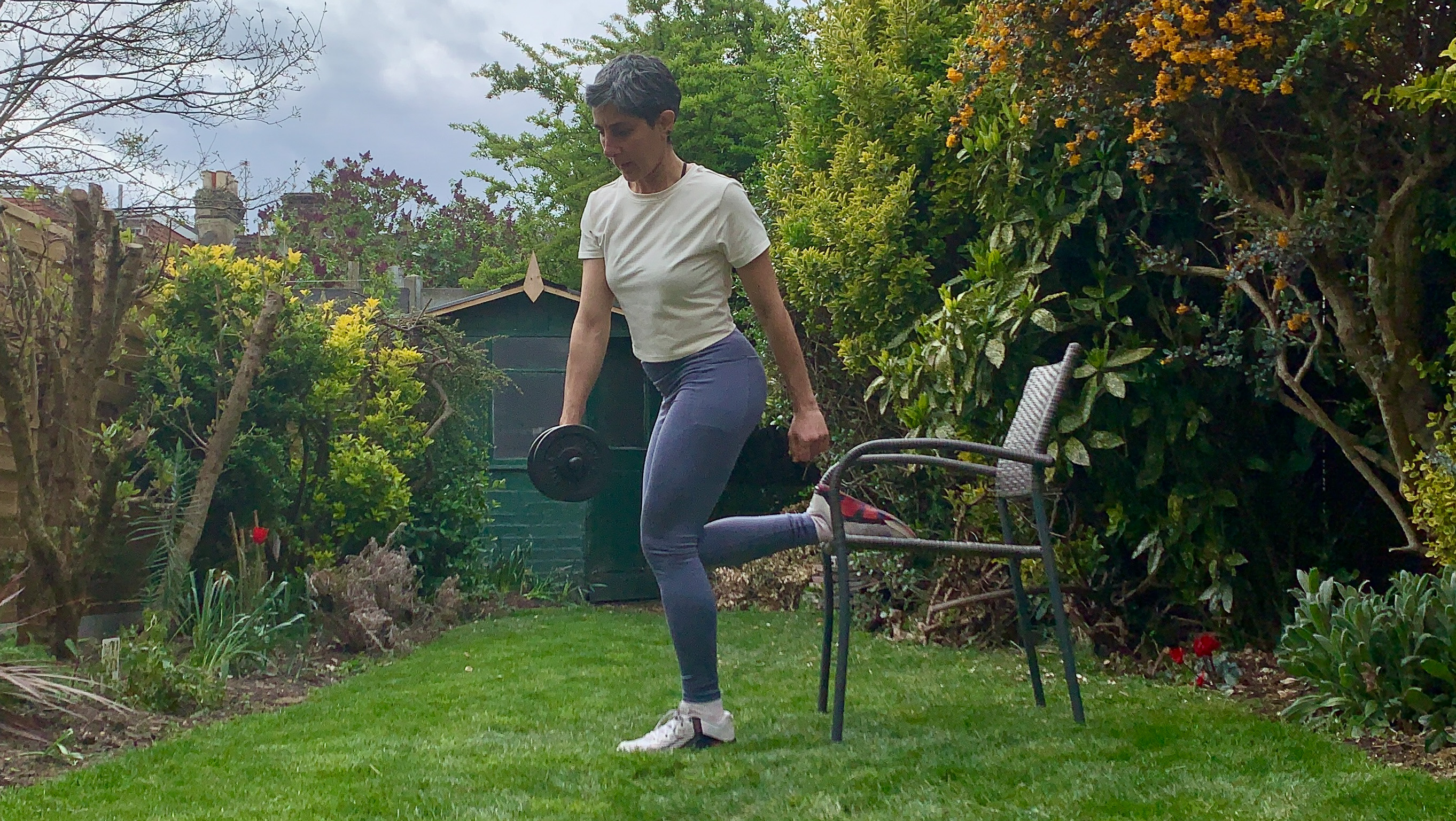 I swapped my usual core routine for this dumbbell workout—here’s why you should try it too
I swapped my usual core routine for this dumbbell workout—here’s why you should try it tooPick up some dumbbells and try my favorite deep core exercises
By Yanar Alkayat
-
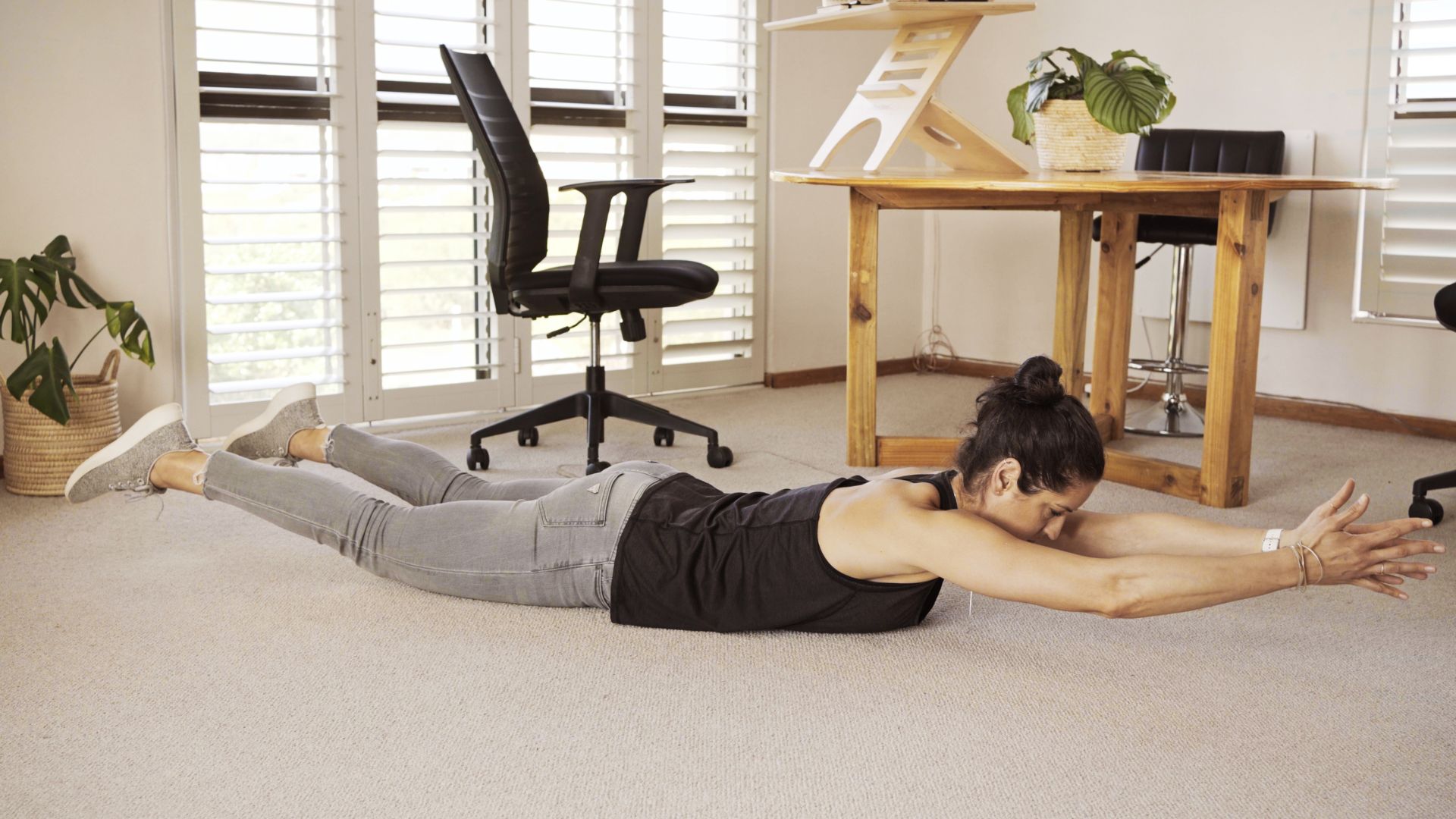 You don't need any equipment to improve your posture—just these three back-strengthening moves
You don't need any equipment to improve your posture—just these three back-strengthening movesThese three exercises will strengthen key back muscles
By Jennifer Rizzuto
-
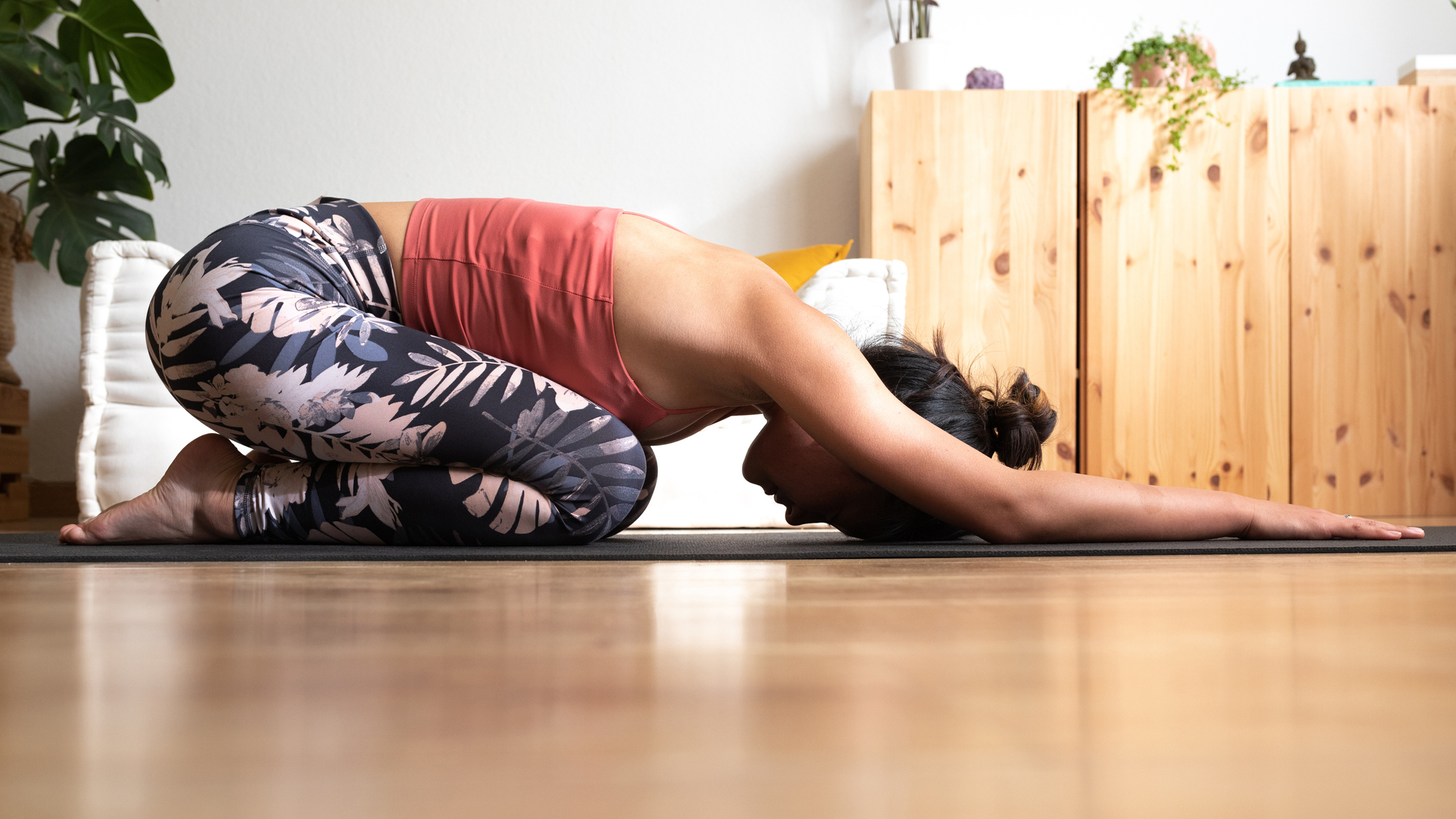 This expert-recommended tweak to child's pose is helping me undo the damage of my desk job
This expert-recommended tweak to child's pose is helping me undo the damage of my desk jobYoga If you spend a lot of time sitting down, you need to try this stretch
By Alice Porter
-
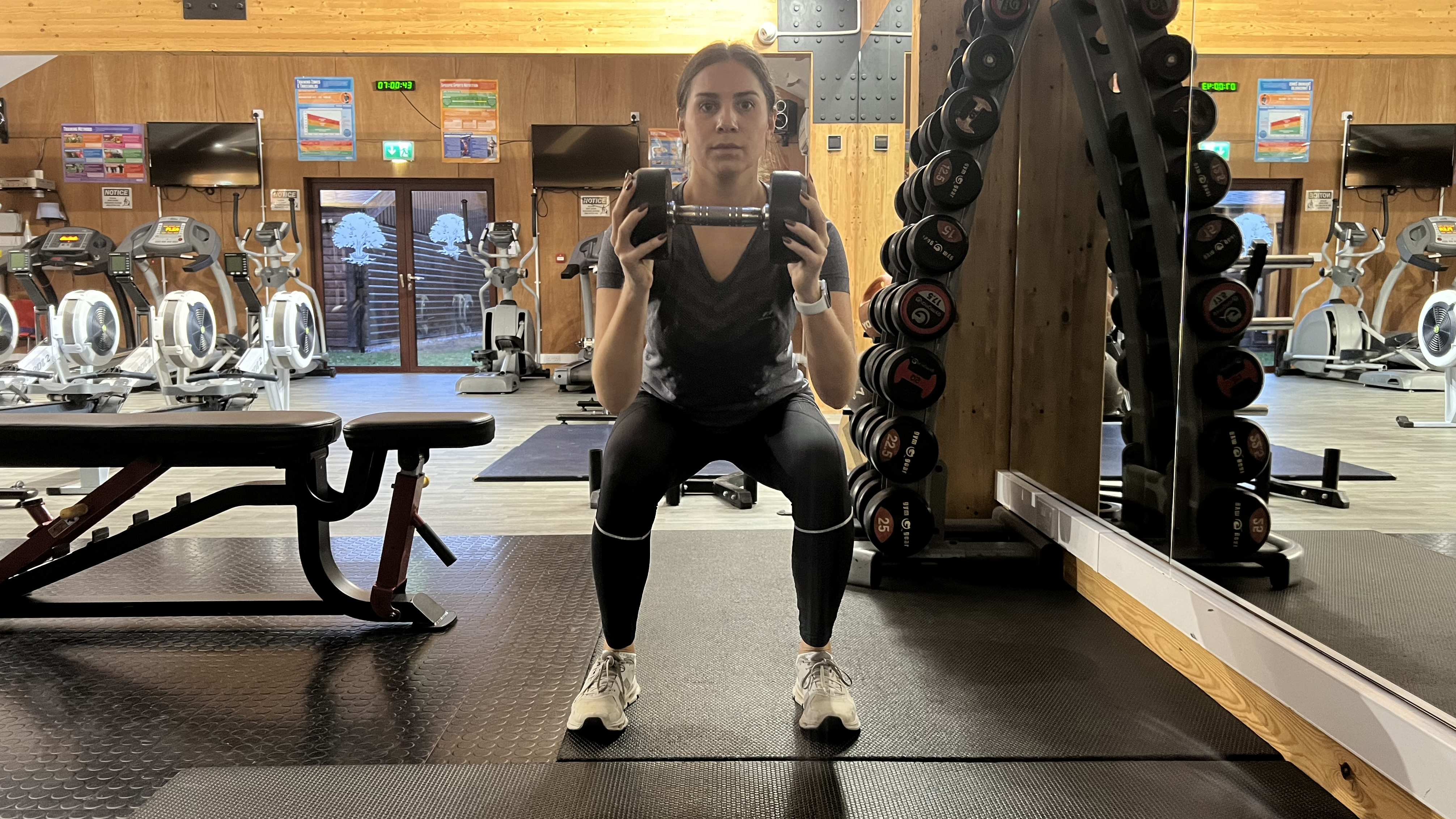 Don't fancy running in the cold? I recommend doing this six-move conditioning workout instead
Don't fancy running in the cold? I recommend doing this six-move conditioning workout insteadWorkout If dark mornings are getting in the way of a pre-work run, this six-exercise conditioning workout is a great alternative
By Daniella Gray
-
 I swapped a split-exercise routine for full-body workouts and it drastically changed my body fat percentage
I swapped a split-exercise routine for full-body workouts and it drastically changed my body fat percentageWorkout If your goal is fat loss, then a full-body workout routine could be key
By Stacey Carter
-
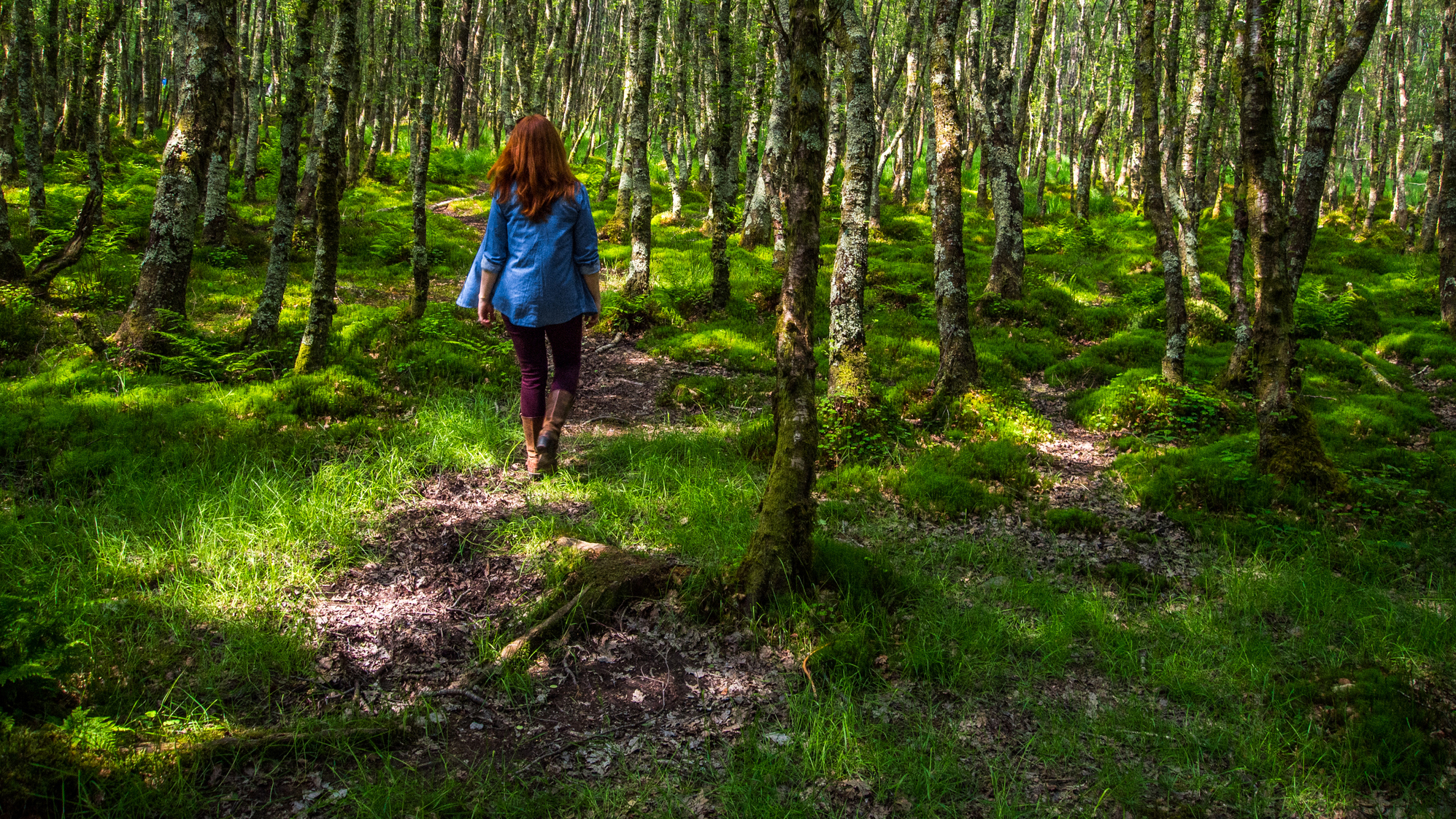 I tried meditating while I walked—and was surprised at how effective it was
I tried meditating while I walked—and was surprised at how effective it wasMindfulness Struggle to sit still for a seated meditation? Try taking your mindfulness session outdoors
By Sarah Finley
-
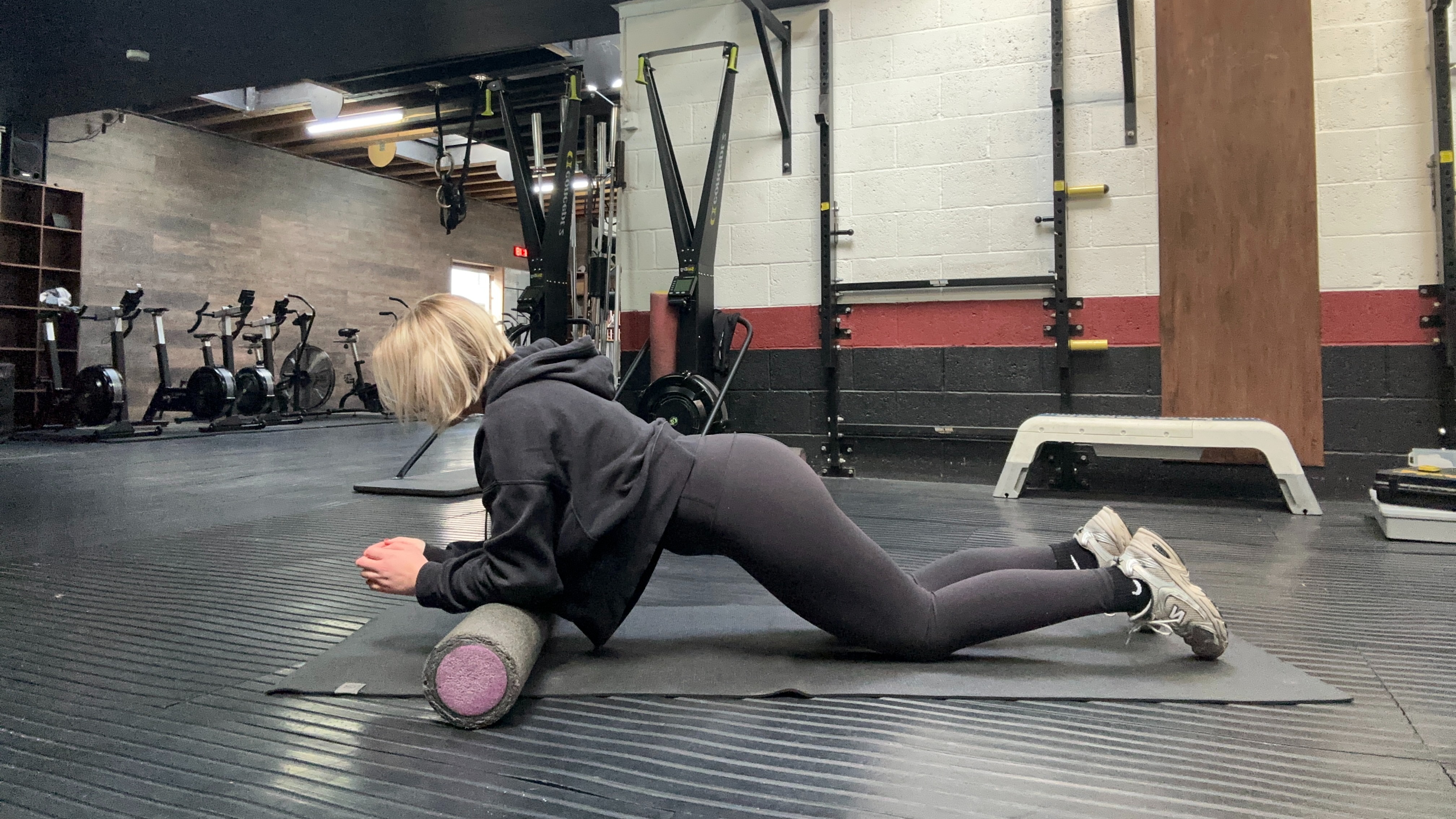 I tried this simple trick to replicate a Pilates Reformer class at home—and my core got a serious workout
I tried this simple trick to replicate a Pilates Reformer class at home—and my core got a serious workoutPilates Could this be the best budget alternative to Reformer Pilates?
By Alice Porter
-
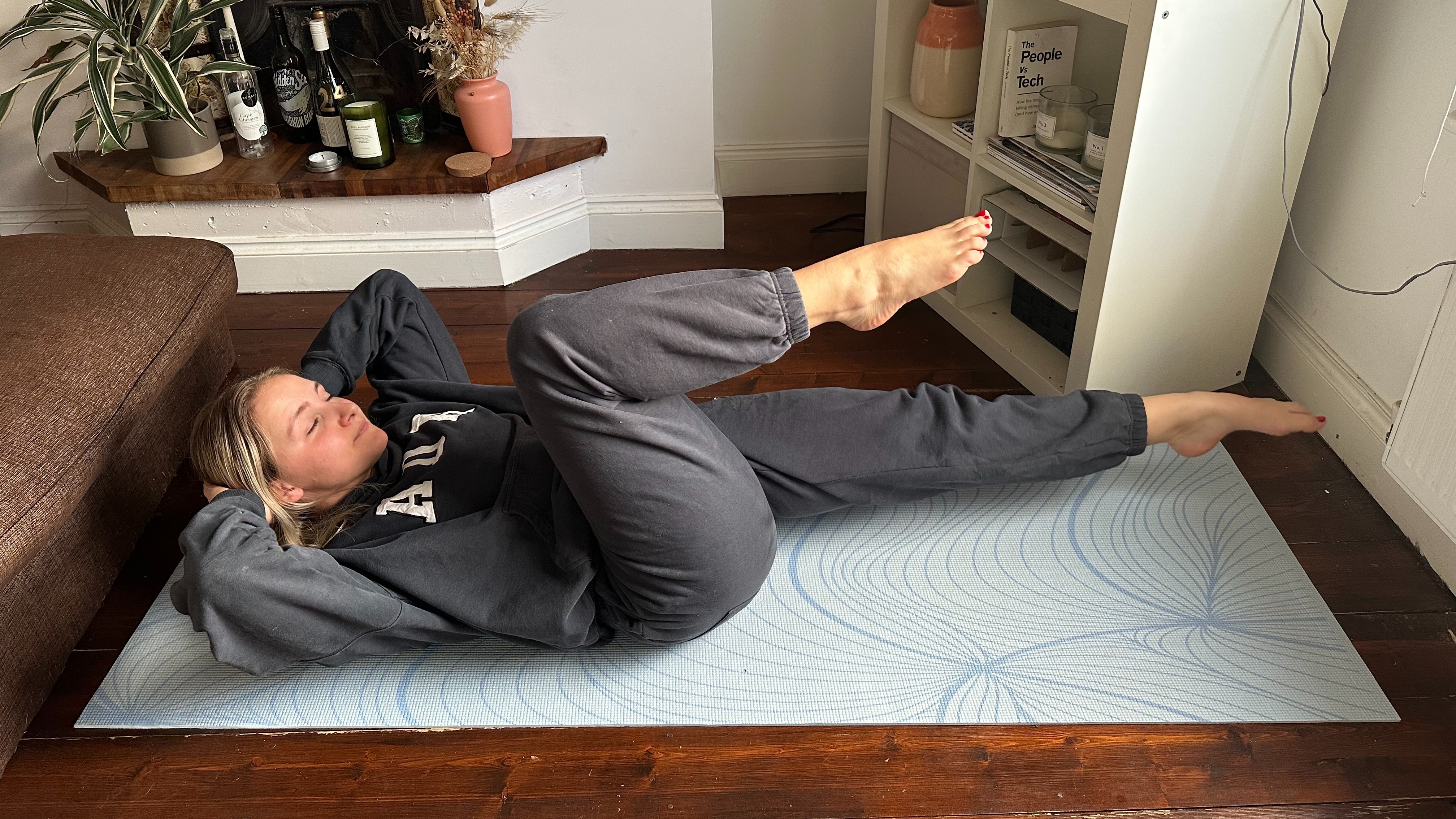 I tried this bodyweight workout and it helped me activate deep core muscles
I tried this bodyweight workout and it helped me activate deep core musclesWorkout These five low-impact exercises helped me build serious core strength
By Alice Porter
-
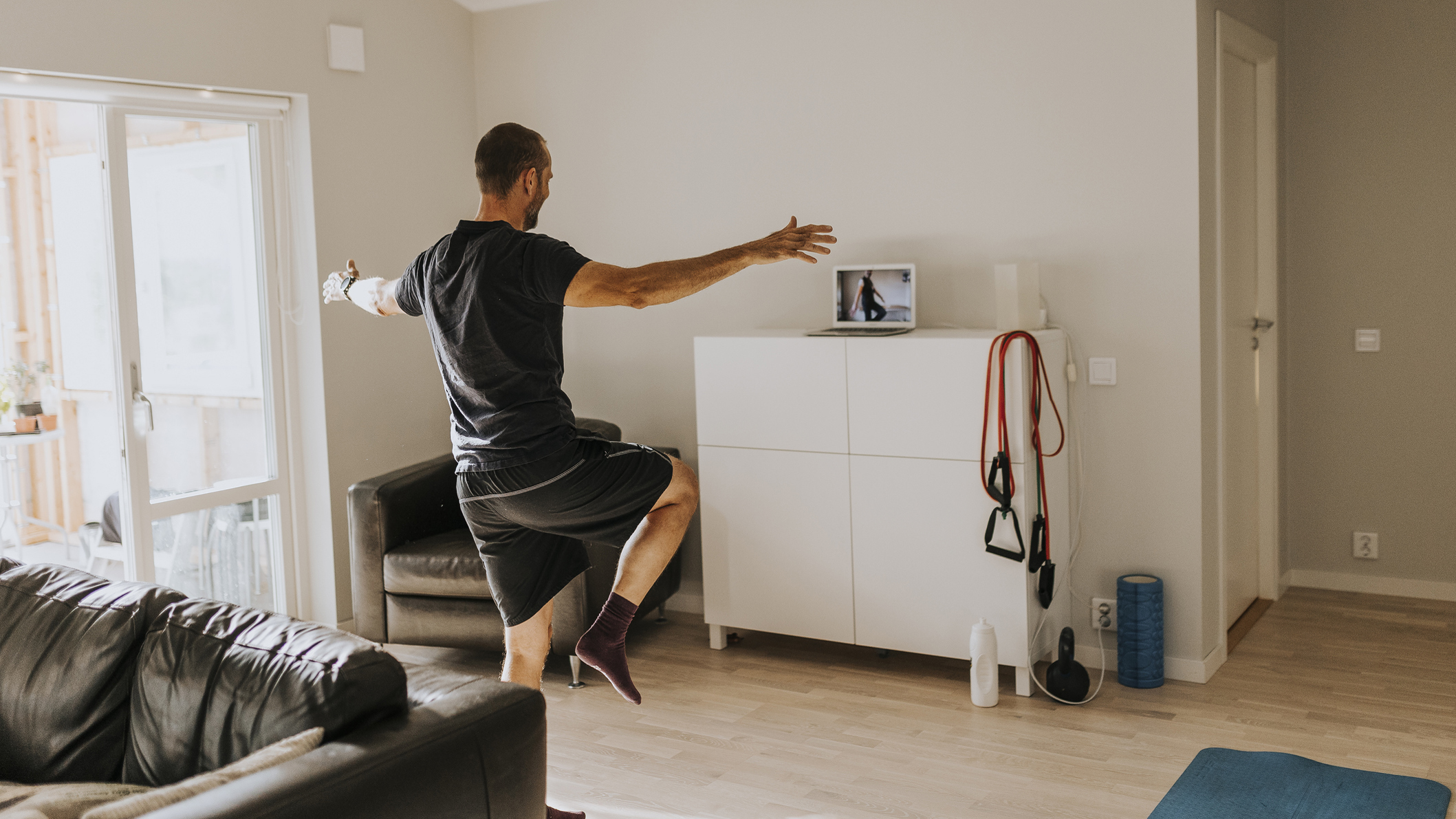 Want to pass the 'old man test'? Try these expert-approved balancing tips, which helped me master the challenge
Want to pass the 'old man test'? Try these expert-approved balancing tips, which helped me master the challengeWorkout You'll need to develop your stability, balance and strength to pass this test with flying colors
By Harry Bullmore
-
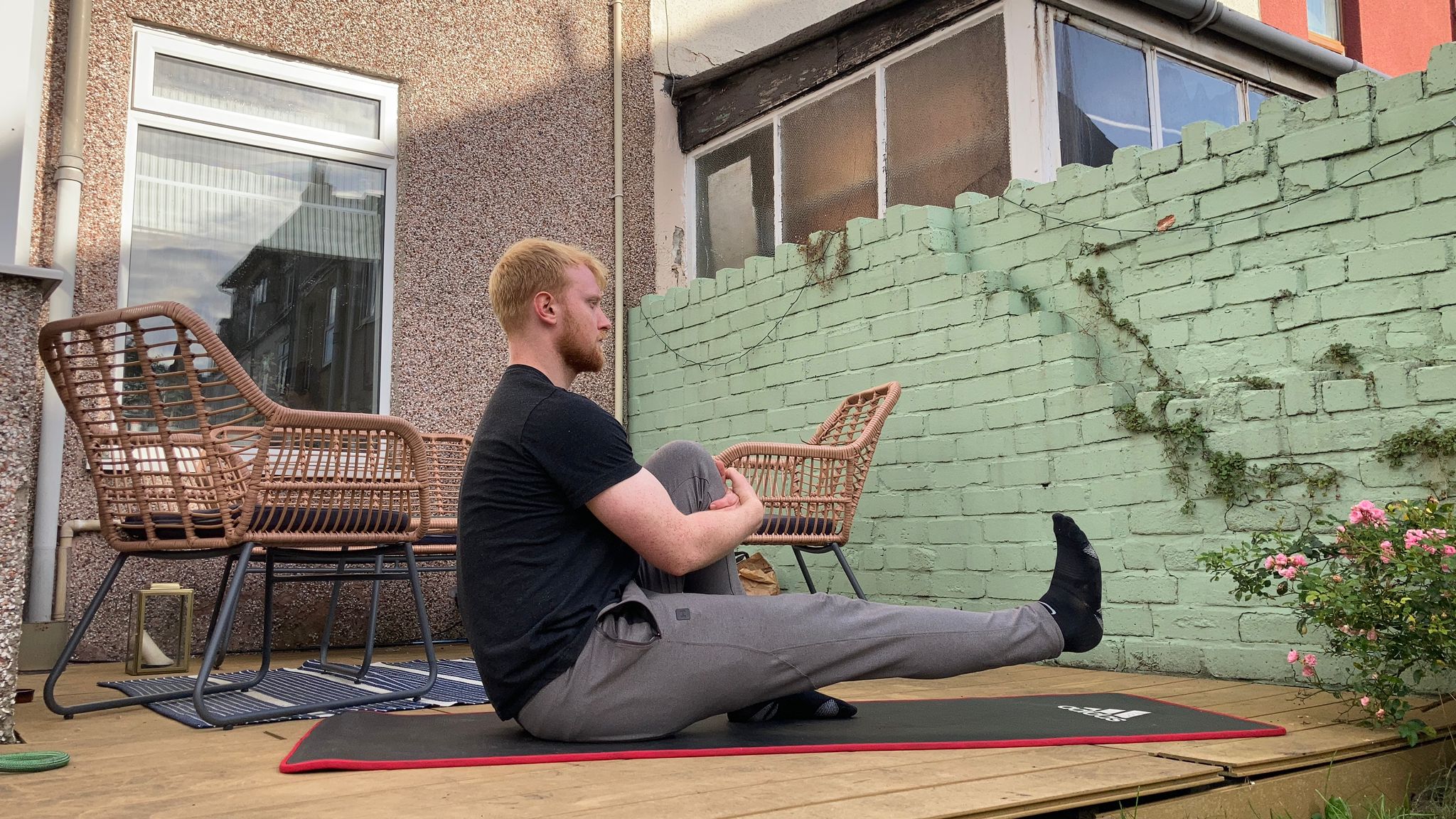 I swapped stretches for these four moves to improve my hip health, and I could feel them working straight away
I swapped stretches for these four moves to improve my hip health, and I could feel them working straight awayWorkout Healthy hips keep injuries and back pain at bay, so I tried some exercises designed to strengthen the surrounding muscles
By Harry Bullmore